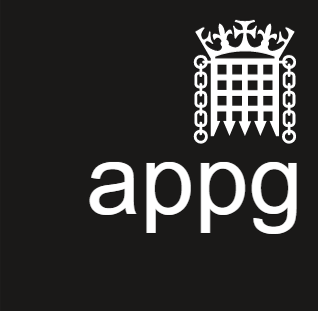APPG Manifesto for Languages
The APPG on Modern Languages published its Manfesto for Languages on 14 July 2014, in order to tackle the “need for a national recovery programme”. The group is calling for all political parties to make a general election manifesto commitment to improve the nation’s linguistic skills base.
The initiative is supported by over 50 leading businesses, organisations and universities, including HSBC, UBS, the British Chambers of Commerce, the British Academy, the British Council, the ASCL and the NAHT – and by over 70 leaders and academics.
Baroness Coussins, Chair of the APPG on Modern Languages, said:
“The next government will need to take clear, urgent and coherent action to upgrade the UK’s foreign language skills. The UK economy is already losing around £50 billion a year in lost contracts because of lack of language skills in the workforce. And we aren’t just talking about high flyers: in 2011 over 27 per cent of admin and clerical jobs went unfilled because of the languages deficit.”
Support from business leaders
The APPG has gathered evidence of the impact of poor language skills on the UK’s economy and standing in the world, with businesses struggling to fill posts and losing out on export opportunities.
Responding to the publication of the Manifesto for Languages, Dr Adam Marshall, Executive Director of Policy at the British Chambers of Commerce, said:
"For too long the UK has had a poor reputation for linguistic ability. To nurture the next generation of exporters, more young people need to learn a broader range of languages, and start learning languages from an earlier age. Action on the recommendations in the cross-party languages manifesto would help equip businesses with the skills to reach new markets around the world.”
Languages are not well supported in the education system with only 9% of English 15-year-olds competent in their first foreign language beyond basic level, compared to 42% across 14 countries. Meanwhile, A-Level numbers are in crisis, with entries for French and German dropping by 10% in a single year. Since 2000, 44 universities have closed their language degrees.
John Worne, Director of Strategy at the British Council, said:
“Whatever your politics, it’s great to see so many major UK organisations and leaders recognising that a grounding in a foreign language is a vital skill for every young life. Even a few words can make all the difference for travel, work and leisure – and that’s really important for UK’s economy, trade and international standing.”
The APPG notes the recent CBI/Pearson Education & Skills survey 2014 which found nearly two-thirds of firms identify a need for foreign language skills. The British Council’s recent Languages for the Future report identified a severe shortage in the number of UK people able to speak the ten most important languages for the UK’s future.
Download: Manifesto for Languages from the All-Party Parliamentary Group on Modern Languages
In the Media
The manifesto launch received widespread coverage in the print editions of the Daily Telegraph, the Daily Mail, the Independent, i, Metro (London edition) and appeared on BBC Breakfast news and BBC Radio 4 news, as well as the following radio stations: BBC Radio 5 Live, BBC Radio London 94.9, BBC Radio Scotland, BBC Sussex, BBC Wales, BBC WM, LBC, UCB UK and Voice of Russia.
BBC: Modern Languages ‘recovery programme’ urged by MPs
Daily Express: Britons need to learn languages to compete with the world
Daily Mail: English youths ‘Europe’s worst at languages’
The London Economic: Little Englander mentality still exists
Times Higher Education: University role ‘crucial’ for languages recovery
Wales Online: Future for language learning in Wales ‘grim’, says expert
Return to APPG Home

